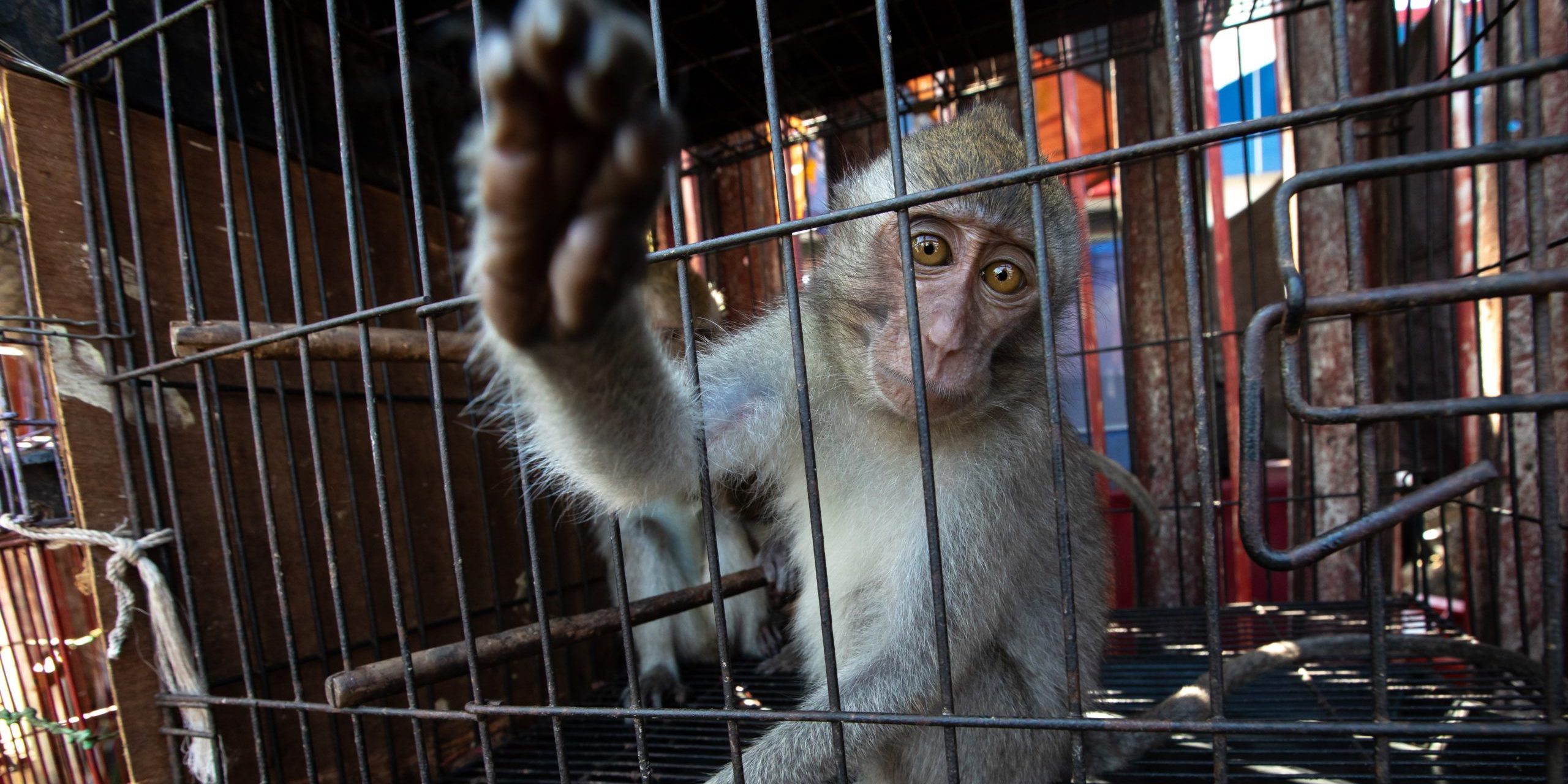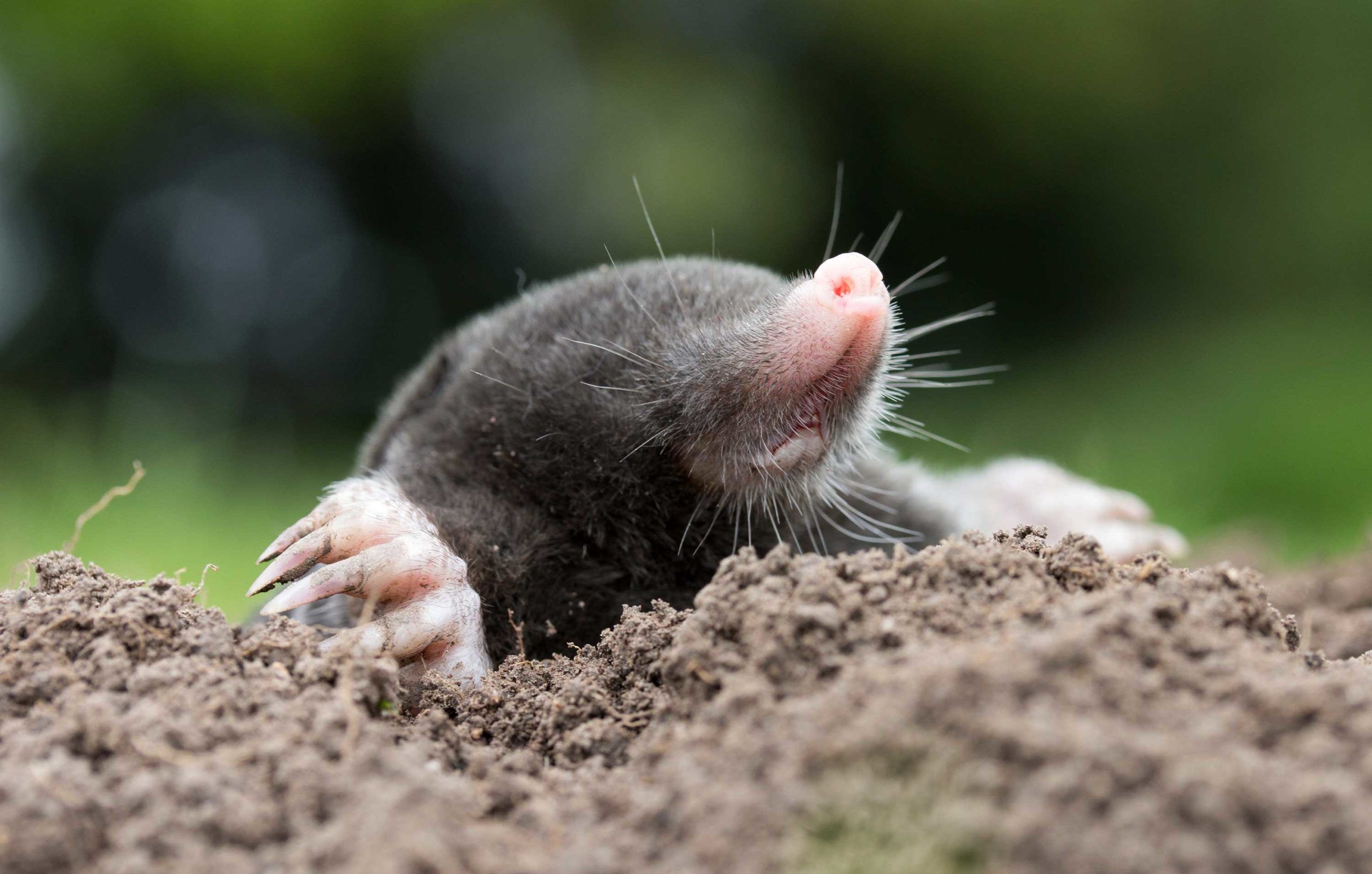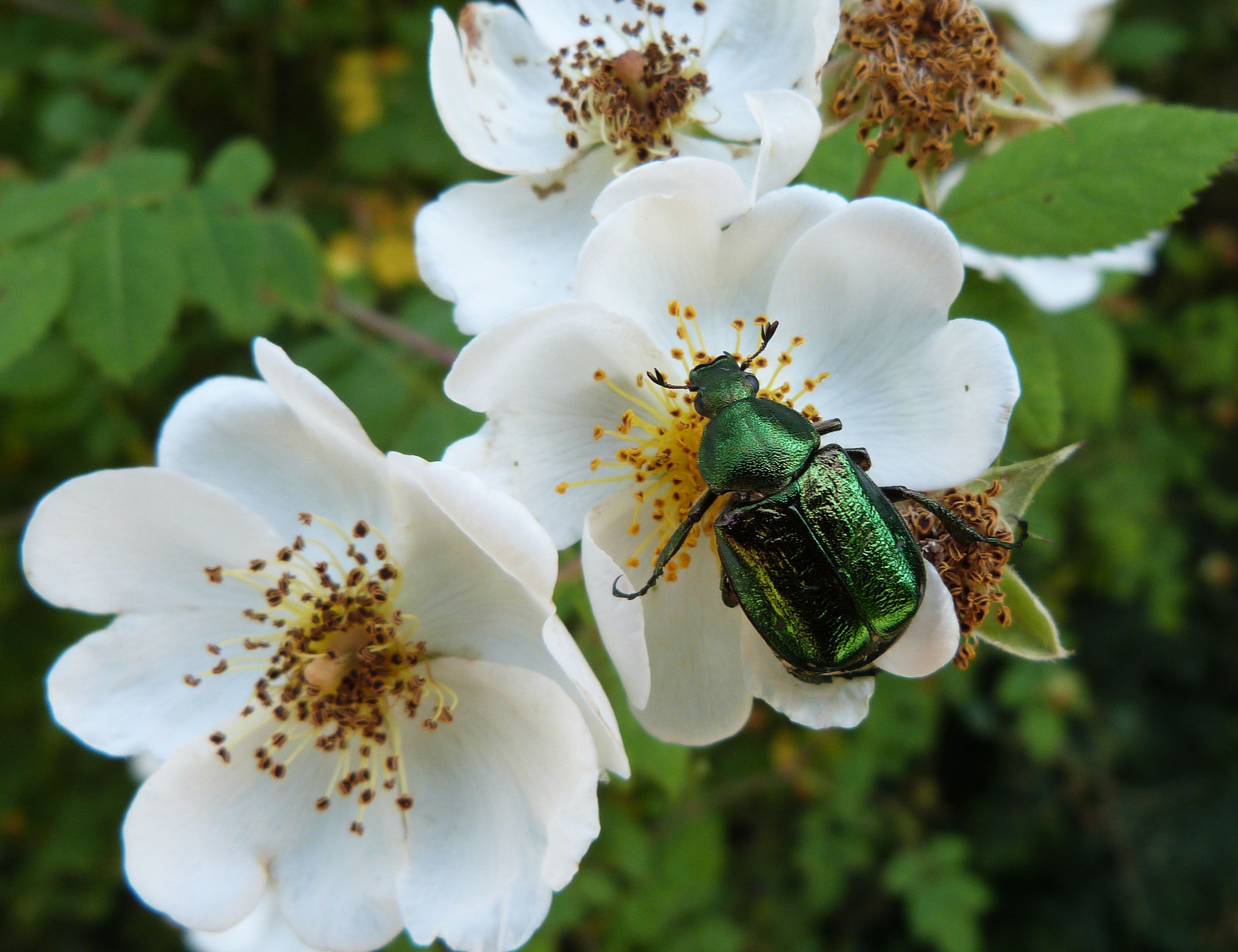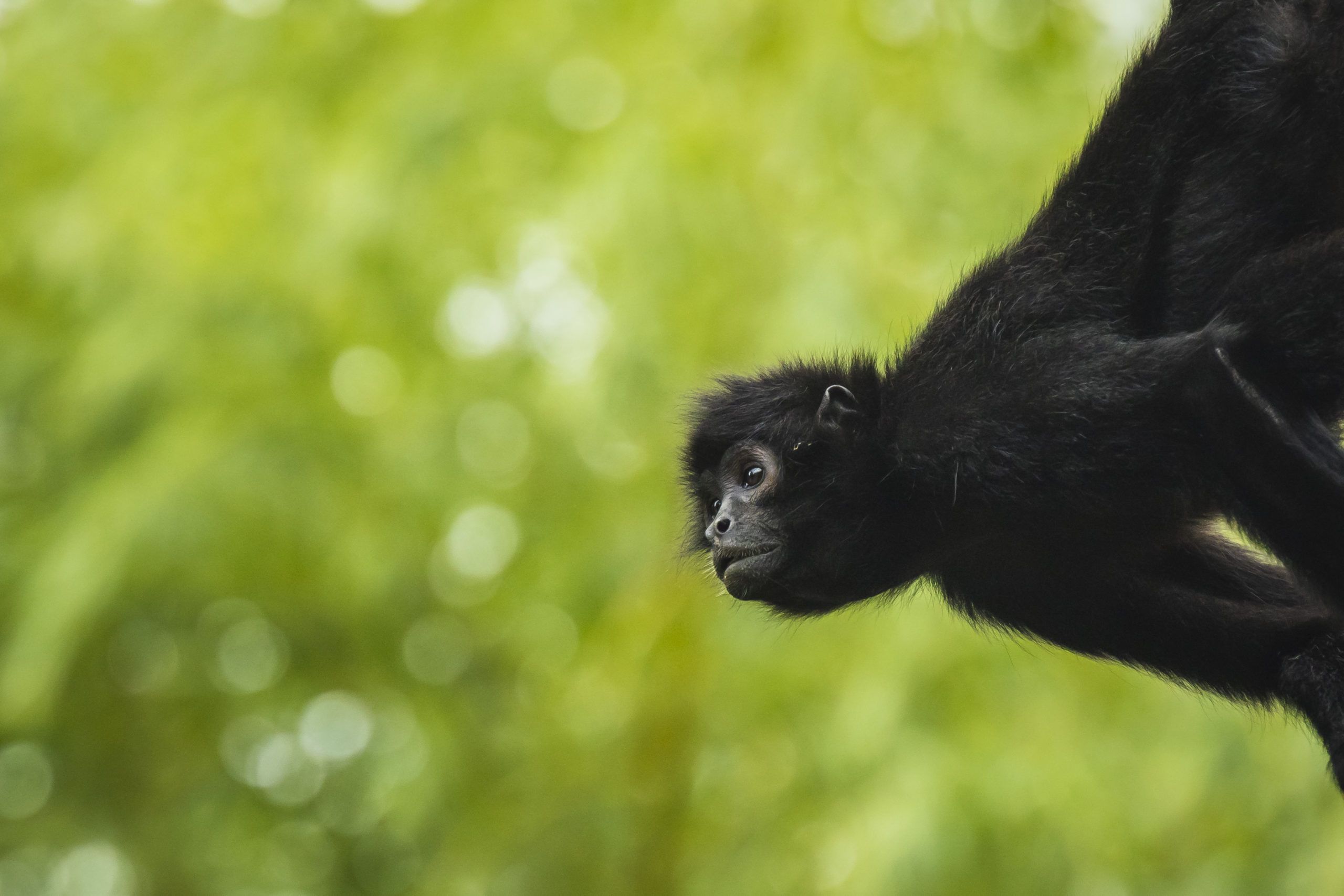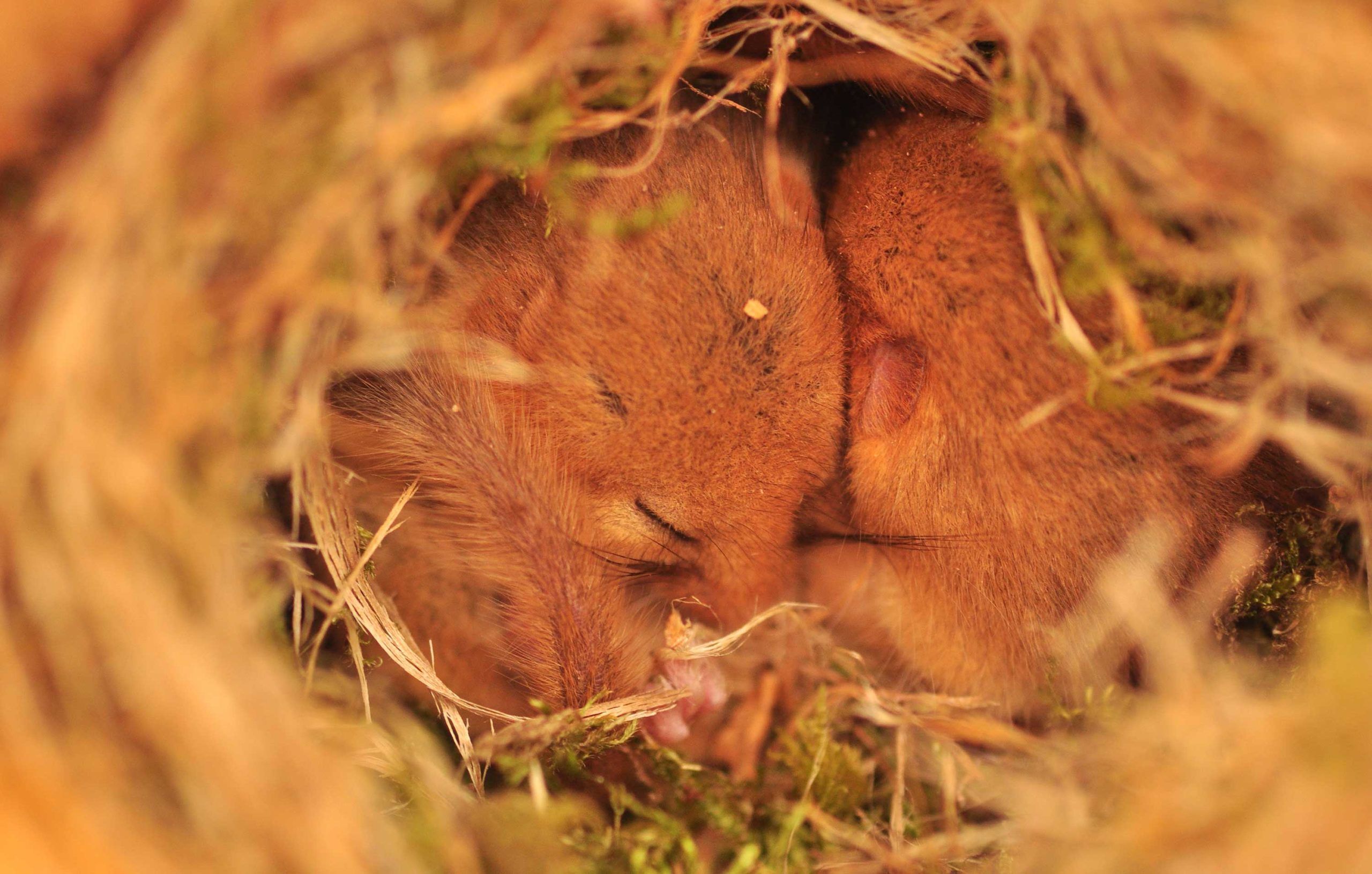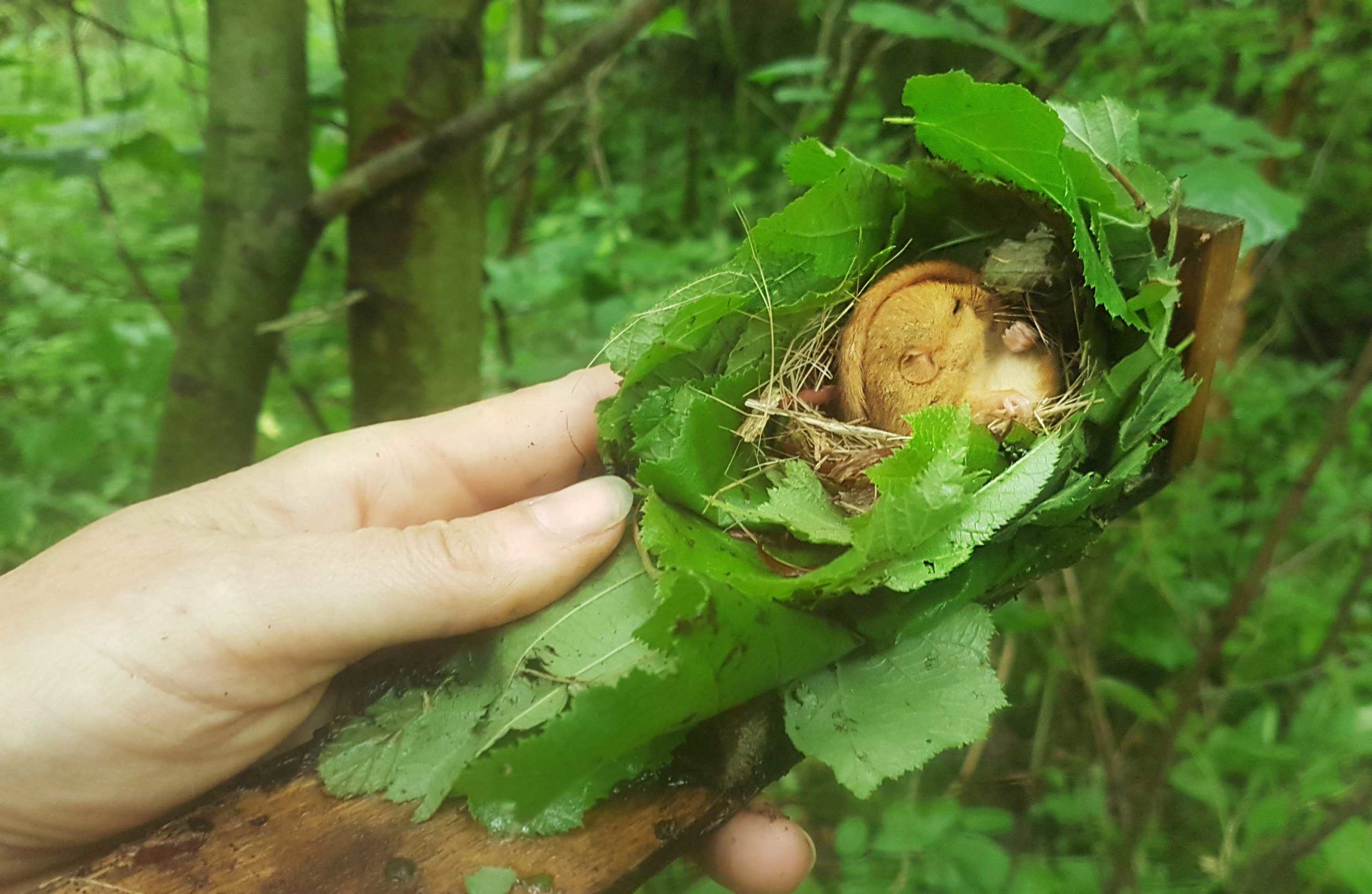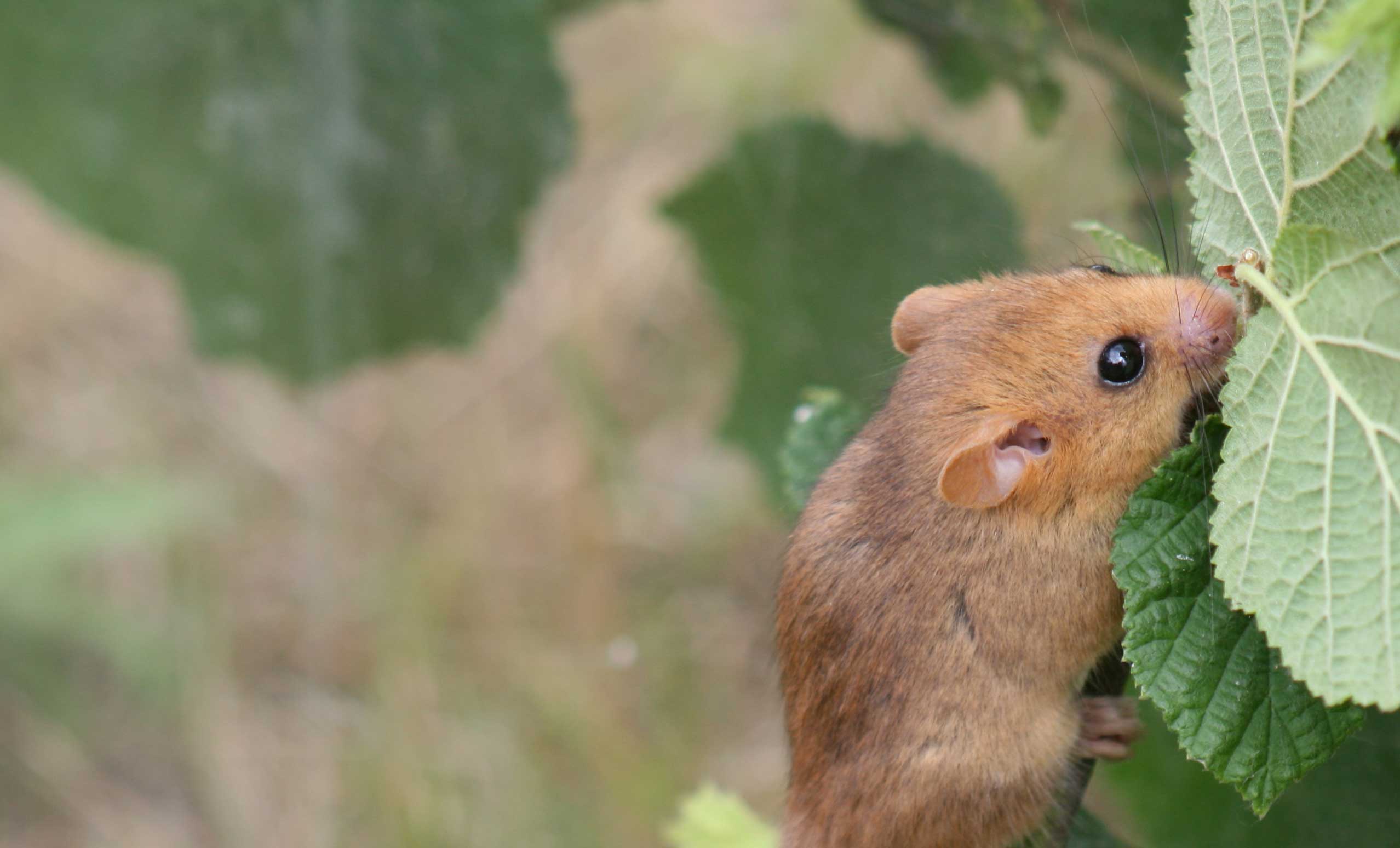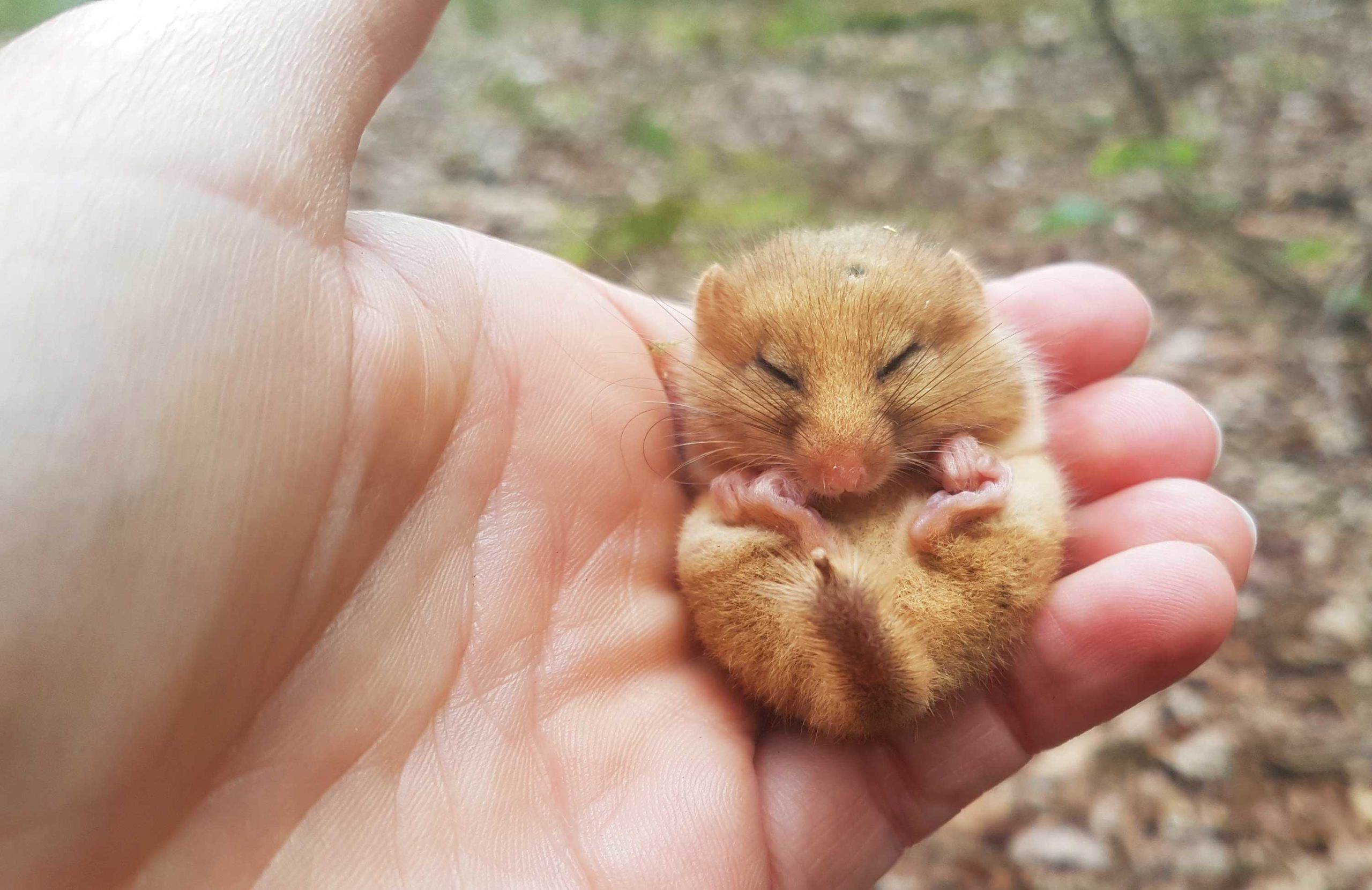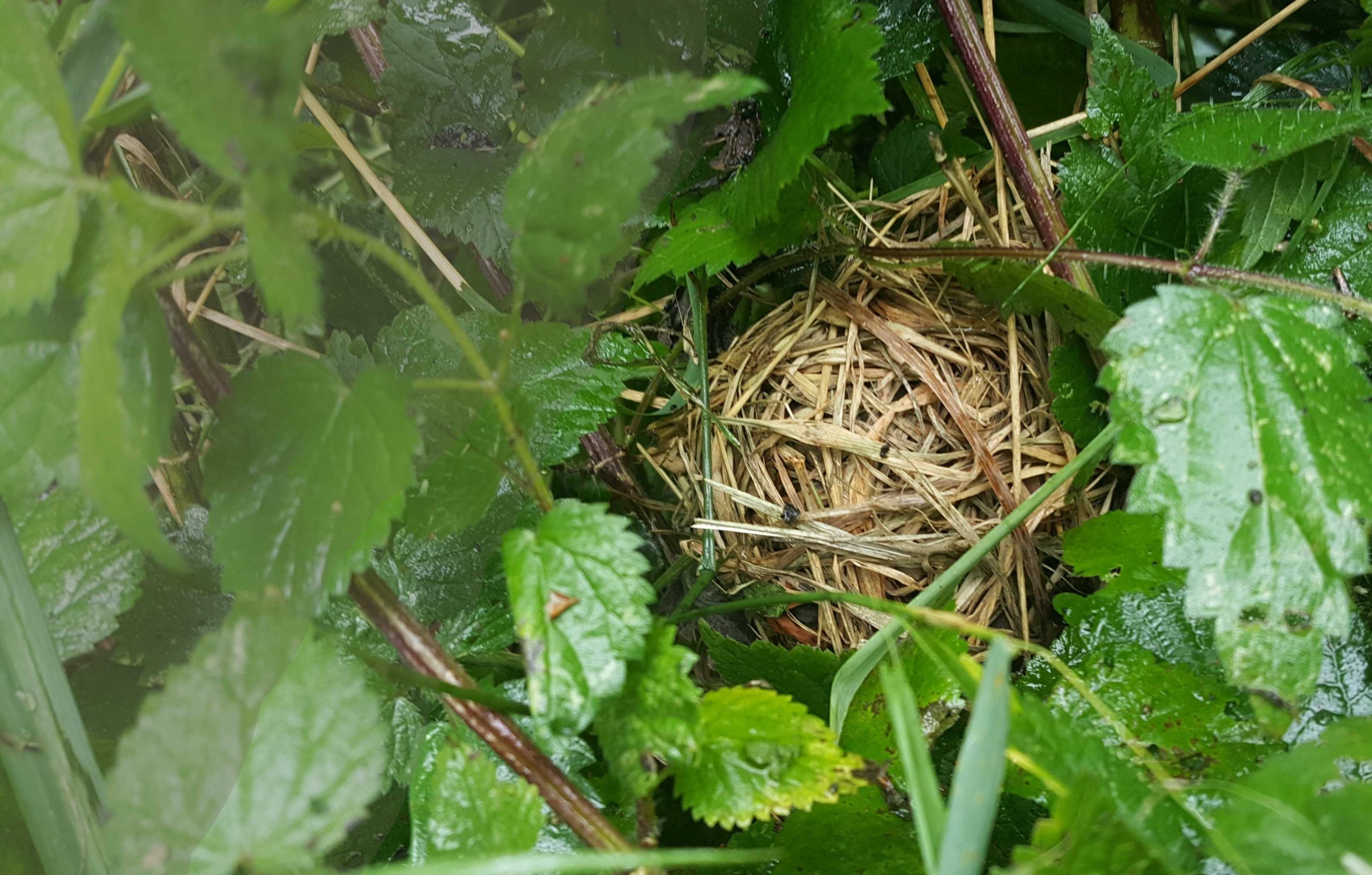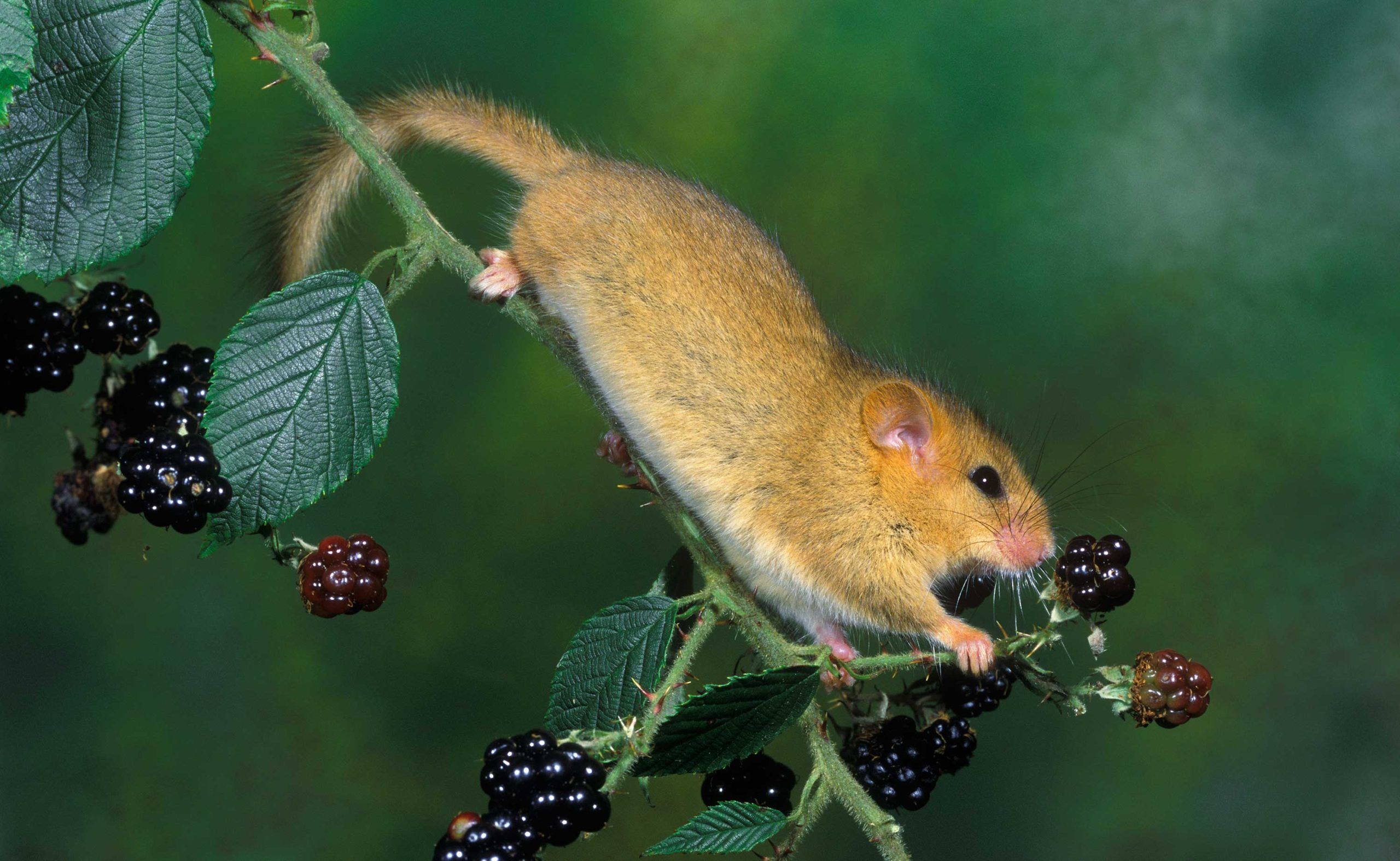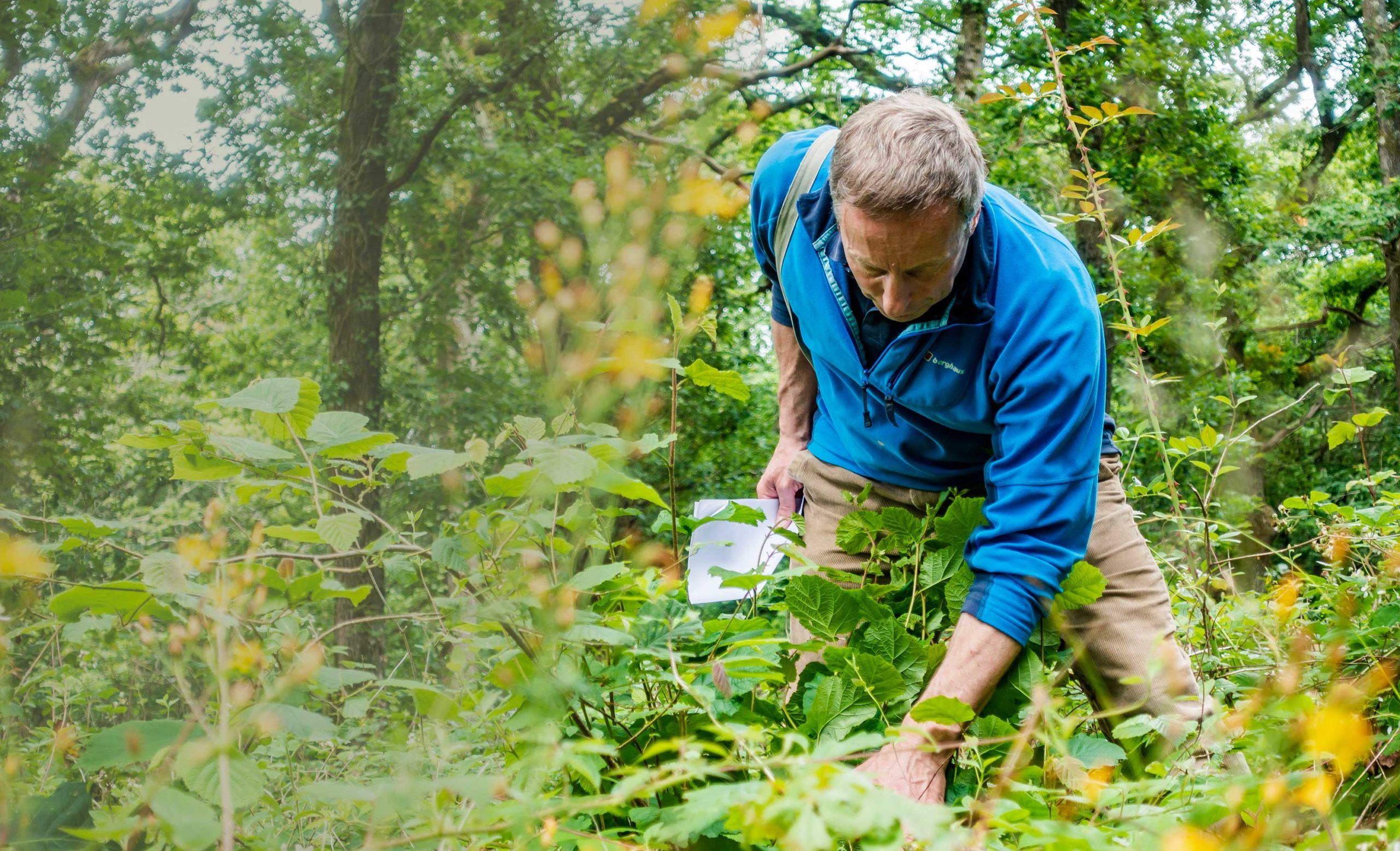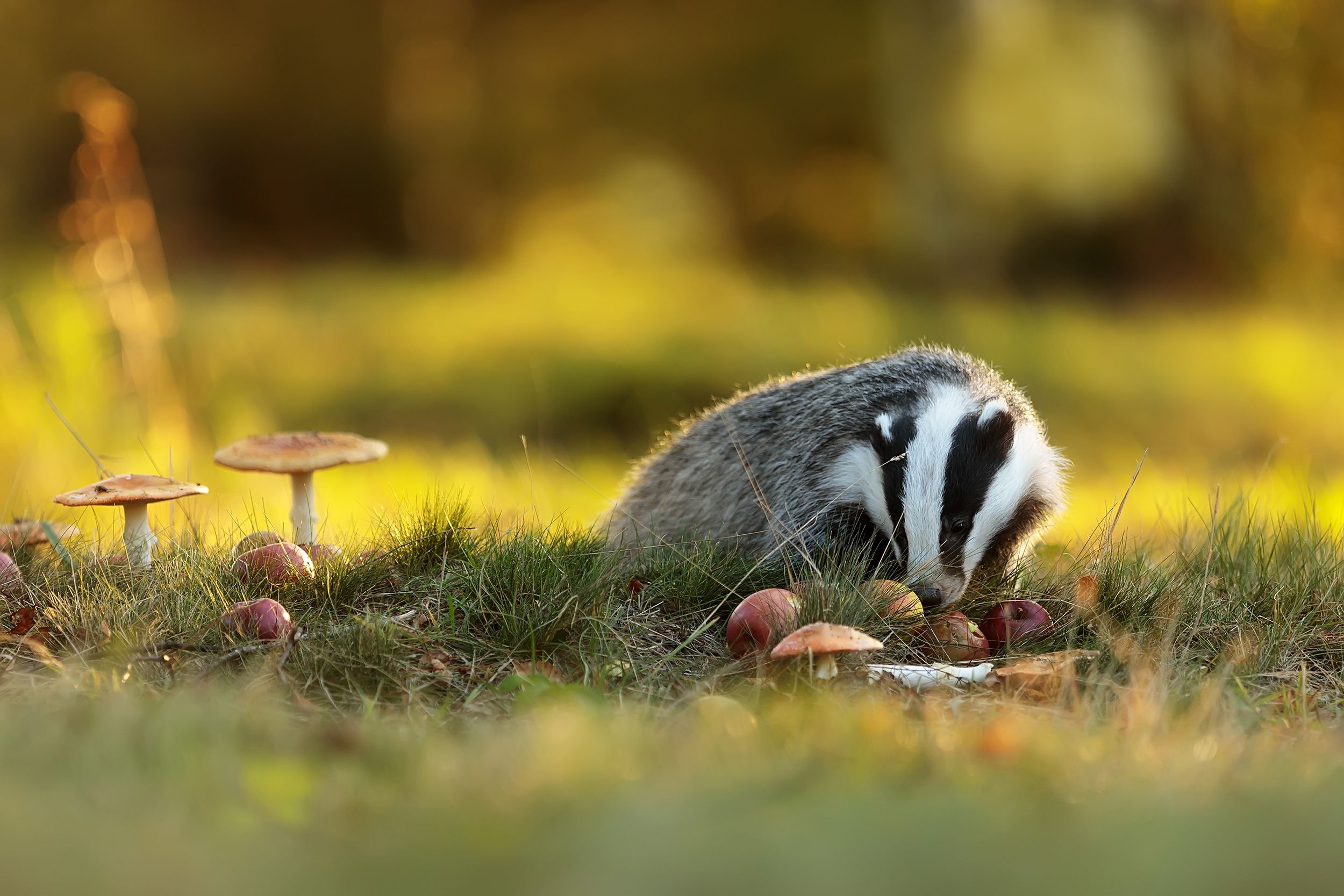Search by topic
PTES is calling on supporters to urge their MPs to support an early day motion to debate a ban on global wildlife trade in parliament. The global wildlife trade can be cruel and is a hotbed for emerging infectious diseases like COVID-19. The Coalition to Ban Wildlife Trade campaign, led by World Animal Protection and …
Read article...Moles are known for one thing: molehills. But dig a little deeper and the extraordinary life of moles becomes apparent. Born to dig The European mole (Talpa europaea) is an insectivore, akin to hedgehogs and shrews, and lives an almost entirely subterranean existence. They are superbly adapted to a digging lifestyle, with broad, shovel-like forelimbs …
Read article...Searching for noble chafer beetles Last summer PTES funded a new national noble chafer beetle survey. Hundreds of volunteers were sent a survey pack and asked to put up a (harmless!) trap and fit it with a lure. Thank you to everyone who has helped this year. We wanted to expand our knowledge of this beautiful beetle’s …
Read article...An action plan for brown-headed spider monkeys Alma Hernandez and her team are working hard in Colombia to gather enough information to create the first National Action Plan for brown-headed spider monkeys. They are only found in a narrow range in northern Colombia, Ecuador and Panama, alongside the seven species of spider monkey living in …
Read article...Short story from the understory My name is Stephen Carroll and I’m a dormouse-aholic. 16 years ago I encountered dormice at a woodland near Exeter, and I’ve been monitoring the nestbox scheme there ever since. The timing coincided with my mature awakening as a wildlife enthusiast. Also, I live in Devon, a dormousey hotspot, so …
Read article...Hi, my name is Holly and I have been volunteering with the Nottinghamshire Dormouse Group as part of the People’s Trust for Endangered Species (PTES) National Dormouse Monitoring Programme (NDMP) since February 2019. I am currently studying at University and want to go into conservation when I graduate. For that reason, I began volunteering with …
Read article...My job in a nutshell I have often wondered, if I was ever stopped by the police and asked my occupation, and I replied, ‘I’m a dormouse officer’, whether they would see the funny side. I hope they would, because this job is fun, exciting, interesting, challenging, stressful, and very rewarding. But what do I …
Read article...Hi, I’m Suzanne! I moved to Kent from Leeds 22 years ago and was keen to get involved with the local wildlife groups as a way of connecting with the county. I contacted Kent Mammal Group to ask if there was any way I could help out and they said I might want to train …
Read article...Hi, I’m Michael Walker and I’ve been helping to monitor the dormice at the three reintroduction sites in Nottinghamshire since 2015 when I was on the feeding rota for the new release that year. That was also the first time that I came face to face with a dormouse. Reintroductions generate a lot of interest …
Read article...Hazel dormice aren’t picky; they take advantage of whatever food is around Eating is not only essential to life, but what is eaten and when can have a considerable impact on a species: where it’s found, how many offspring a female gives birth to, how much competitive overlap there is with other animals and even …
Read article...2020 marks thirty years of the National Dormouse Monitoring Programme (NDMP) which is an incredible achievement. And it’s thanks mainly to our volunteers. Their dormouse data enables us to produce a robust, current state of hazel dormice in Britain. An achievement, because getting a dormouse licence isn’t easy. Dormouse licences explained People usually want a …
Read article...People’s Trust for Endangered Species (PTES) is, for the first time, running its Living with Mammals survey during autumn, from Monday 31st August until Sunday 29th November • Volunteers are asked to record wild mammals they spot in gardens and green spaces• This is the first time Living with Mammals has taken place during autumn• …
Read article...Press and media
For all media enquiries please contact Jane Bevan or Adela Cragg at Firebird Public Relations on 01235 835297 or email ac@firebirdpr.co.uk.

